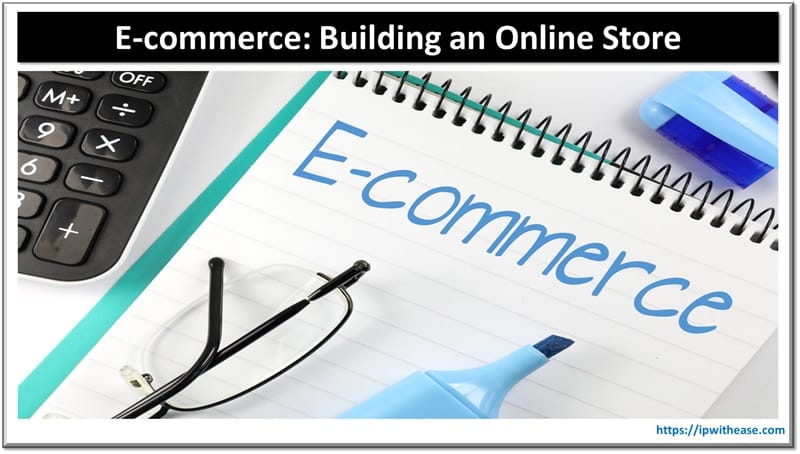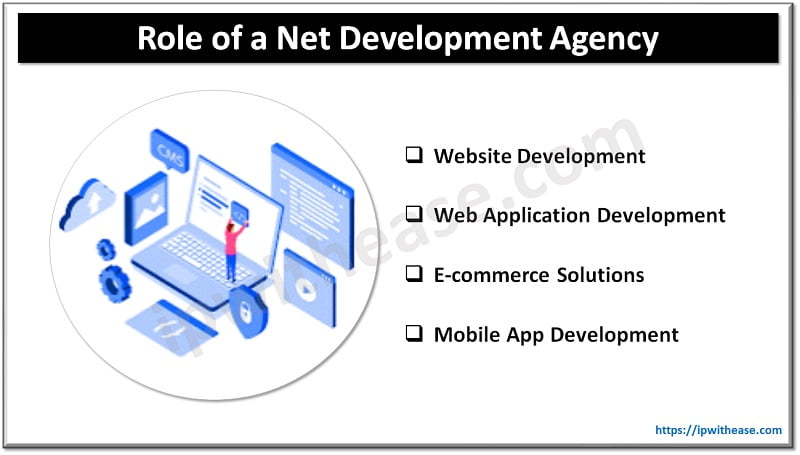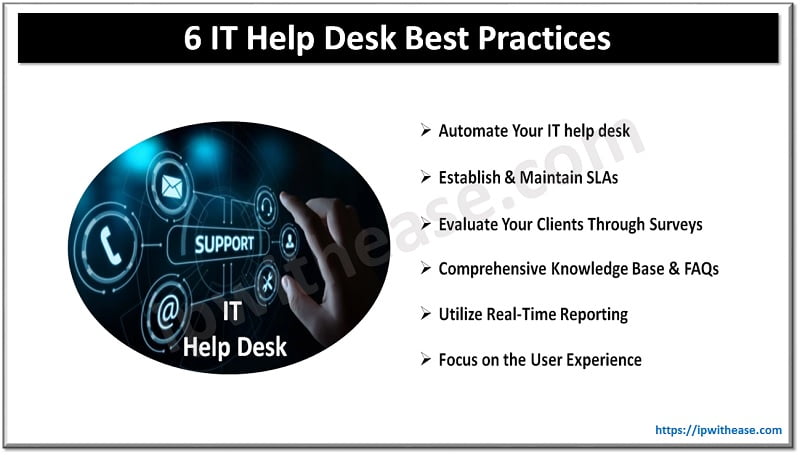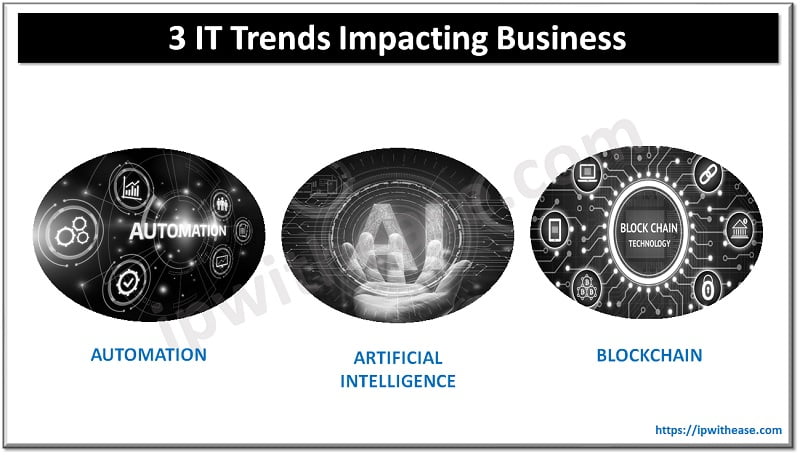Table of Contents
The E-commerce industry has seen huge growth in the last couple of years. In fact, it’s growing so fast that it accounts for almost 16% of all retail sales in the United States, compared to just 4% a decade ago. There are a lot of reasons for this growth, but it’s happening mainly because a lot of customers, especially in the US, prefer to make their purchases online rather than in-store.
Another factor is the fact that e-commerce-style businesses are much safer because of the low startup costs, easy store and product listing, a faster and more streamlined buying process, flexibility, and more.
However, to get these benefits as an online seller, one needs to utilize a variety of tools that can streamline the building process of an online store. Fortunately, most of these tools are free, or at least, affordable.
In this article, we will guide you through the process of getting your e-commerce business started, as well as all the necessary tools.
Let’s get to it!

Finding The Right E-Commerce Platform
The first step to any e-commerce business is to have your own website where customers can explore and purchase your products. However, this online store will need to provide the best possible customer experience, otherwise, you might lose out on many leads. So, there’s a lot of checks that need filling!
Things like a safe and optimized payment processing option, a checkout cart, product reviews, mobile optimizations, etc. are essential. Fortunately for e-commerce entrepreneurs, this process of setting up a website has been quite simplified through e-commerce platforms such as:
- Shopify – one of the most popular e-commerce platforms that provides a variety of plans based on the user’s needs. The cheapest option is the $5/monthly Starter plan with a minimal amount of features. Shopify is often regarded for its quality customer support and simplicity.
- WooCommerce – is a WordPress plugin that offers a variety of products you can apply to your website to optimize the customer’s experience. Certain WooCommerce options are free while others are paid. You can choose whichever option you need hence why WooCommerce is considered to be one of the more flexible e-commerce platforms. It also allows for further customization because users have full control over the plugin’s code.
- Wix – a user-friendly and more affordable website builder that is often used by smaller businesses. A good starting point is if Shopify’s pricing is too steep and WooCommerce is too complex.
Do note that some of these e-commerce solutions offer their own hosting service, however, if you are on a budget, it’s better to choose your own hosting service.
A Quality Hosting Service Is Essential
To keep this new business within your planned budget, it’s essential to find a balance between quality and pricing when it comes to hosting services. You don’t want your hosting to affect the customer’s experience, but you also don’t want it to empty your company wallet.
So, let’s have a look at some affordable quality hosting solutions:
- BlueHost – one of the cheaper hosting options starting at $2 per month, while offering a solid amount of features like AI site creation tools, free domain (first year), free SLL and CDN, and Firewall.
- SiteGround – one of the most popular hosting services starting from $2.99 per month, but rates might increase after the first year, so it’s a good starting point, but you might need to consider moving to another host the second year of your online store.
- DreamHost – pricing starts at $2.59 per month. DreamHost is considered to be one of the services because it offers a better alternative to cPanel (server management panel) with more and better functions. Recommended for websites with not a lot of traffic.
Choosing A Cheaper Payment Gateway
To process sales on your online store, a payment gateway. These gateways provide easy, smooth, and secure online transactions, however, they come at a cost. These payment processing companies take a percentage and a fixed fee per transaction. The fee will vary depending on the store’s number of transactions and other factors.
Popular options for payment gateways are PayPal, Stripe, Square, Stax, and others. Most of these payment processing companies offer similar fees per transaction and no monthly charges or installation fees, so which one you choose probably won’t affect your e-commerce budget too much.
However, we still recommend getting multiple offers to see which one will offer the most affordable option for your website.
Designing Your Website With The Right Tools
Website design for online stores is essential because it is a customer’s first impression. It shows your quality, boosts your branding, and improves navigation which means better customer satisfaction which leads to increased customer retention.
But, it’s no secret that designers aren’t exactly affordable. Especially if you are starting from scratch. Finding your brand colors, creating a logo, and designing an entire website as well can cost a small fortune.
However, there are quite a lot of free tools out there like Canva, Gimp, Pexels, and others that can streamline a lot of design aspects. You can create product images, custom banners, brand logos, and a lot more since you practically get photo editing tools similar to Photoshop.
If you get the hang of these free tools you will be able to create visuals comparable to larger e-commerce businesses.
Don’t Forget About Tools For Marketing And Analytics
While good products, a fast website, and good design are essential parts of a successful online store, one thing that can significantly affect your success is marketing. And marketing should always be followed by analytics to ensure you’re reaching the right audience with your advertisements.
So, if you want to get into the marketing aspect of your e-commerce, consider utilizing marketing and analytics tools. Here are a couple of options:
- Google Analytics – Free and the go-to option for tracking your website traffic and understanding customer behavior. With this tool, you can see which products are popular, where your customers are coming from, and which marketing strategies are working. A must-have for any e-commerce business!
- Hubspot – Considered to be one of the best marketing automation platforms out there. However, this one doesn’t come cheap, but it does offer affordable options for individuals and small startups and even some free tools for emailing leads and analytics.
A Budget-Friendly Path to Success
After going through this article, it’s clear that building a successful e-commerce business doesn’t need a huge budget. With the right combination of free and affordable tools, you can create a professional online store, track your performance, and advertise your products. The best thing about starting out small is that you always have room to scale and upgrade to better e-commerce platform plans, hosting services, marketing strategies, etc.
Just make sure to keep your focus on keeping this cost-effective, so you can maximize your profits which will allow you to expand further!
ABOUT THE AUTHOR
IPwithease is aimed at sharing knowledge across varied domains like Network, Security, Virtualization, Software, Wireless, etc.



